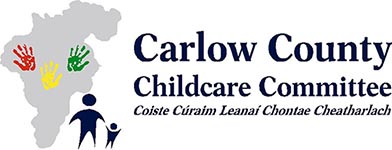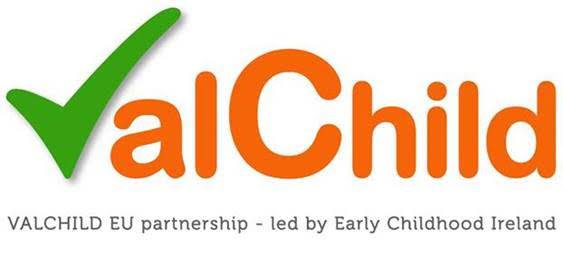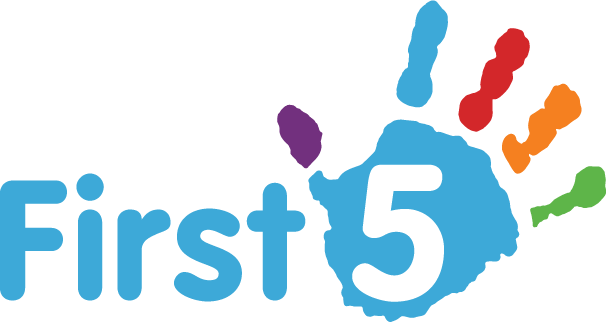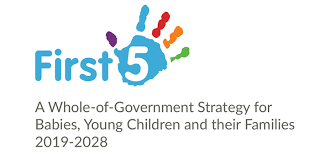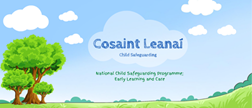
Minister for Children, Equality, Disability, Integration and Youth, Roderic O’Gorman T.D., has today confirmed that €66.8 million in funding has been made available to support the provision of youth services nationwide in 2021. This investment increases financial support for both youth services and youth clubs, as well as ensuring further strengthening and development of UBU Your Place Your Space, universal service provision and youth information.
Click on the below link to view the details
Press-release Minister-O Gorman Press Release
 National Parents Council Primary are running free online interactive workshops on “Supporting parents to support their children’s mental health and wellbeing”, a training programme by NPC in conjunction with St. Patrick’s Mental Health services.
National Parents Council Primary are running free online interactive workshops on “Supporting parents to support their children’s mental health and wellbeing”, a training programme by NPC in conjunction with St. Patrick’s Mental Health services.